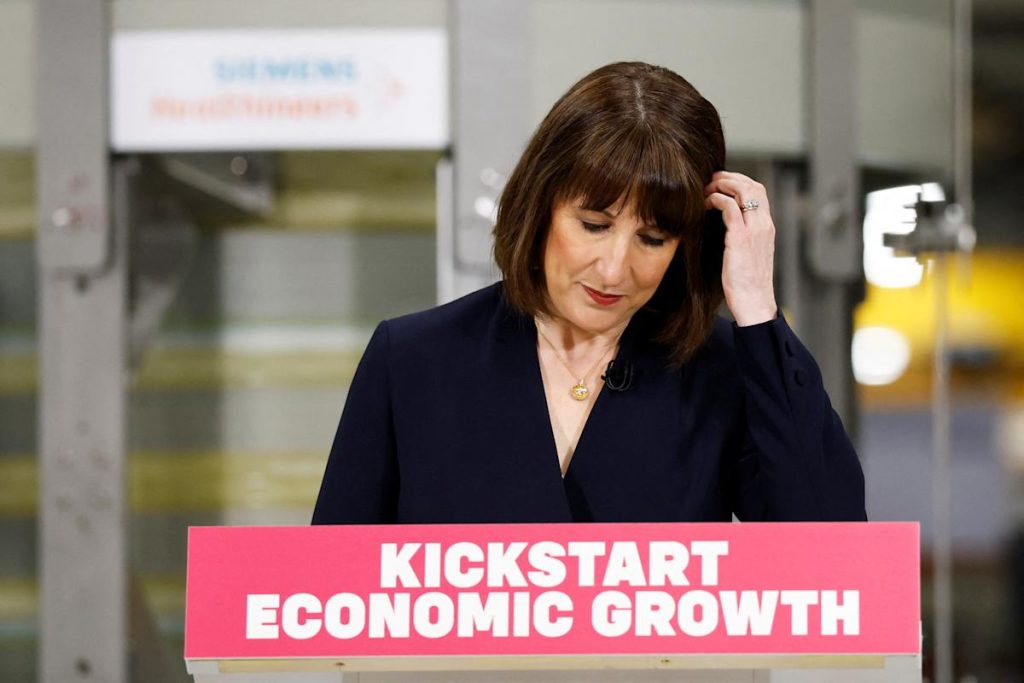The UK economy stagnated in July, figures published by the Office for National Statistics (ONS) showed today.
The flat performance, which was in line with City expectations, followed a 0.4% expansion in June. Zero growth in July will raise questions about Labour’s promise to kickstart the economy.
ONS director of economic statistics Liz McKeown said: “Growth in the economy as a whole continued to slow over the last three months. While services growth held up, production fell back further.
“Within services, health, computer programming and office support services all performed well, while the falls in production were driven by broad based weakness across manufacturing industries.
“In the latest month GDP showed no growth, with increases in services and construction offset by falls in production.”
Read more: UK faces highest borrowing costs in wealthy OECD nations, says think-tank
The UK economy grew by 0.2% in the three months to July 2025 compared with the three months to April 2025.
It came after the manufacturing sector saw activity pull back by 1.3% – the biggest contraction since July 2024.
This held back growth in the wider economy, with the services sector up 0.1% thanks to expansion of 0.6% for retail and construction growing 0.2%.
Yael Selfin, chief economist at KPMG UK, said: “A reversal in fortune appears unlikely for the sector with global headwinds set to persist.”
Economists now expect a slowdown to take hold of the UK in the latter half of 2025.
An HM Treasury spokesperson said: “We know there’s more to do to boost growth, because, whilst our economy isn’t broken, it does feel stuck.
“That’s the result of years of underinvestment, which we’re determined to reverse through our Plan for Change. We’re making progress: growth this year was the fastest in the G7; since the election, interest rates have been cut five times, and real wages have risen faster than they did under the last government.
“There’s more to do to build an economy that works for, and rewards, working people. That’s why we are cutting unnecessary red tape, transforming the planning system to get Britain building, and investing billions of pounds into affordable homes, Sizewell C, and local transport across the country.”
The sluggish economic growth adds to concerns that the Office for Budget Responsibility (OBR) will revise down its forecasts for the British economy, leading to even tougher fiscal conditions for the chancellor.
Rachel Reeves is preparing to deliver the autumn budget on 26 November.
Lindsay James, investment strategist at Quilter, said Reeves’s tax rises in last year’s budget were hitting the economy: “Growth is slowing in these sectors and is likely the result of actions taken by the Labour government now being realised, with the increase in employer national insurance contributions having a significant impact on business confidence.

